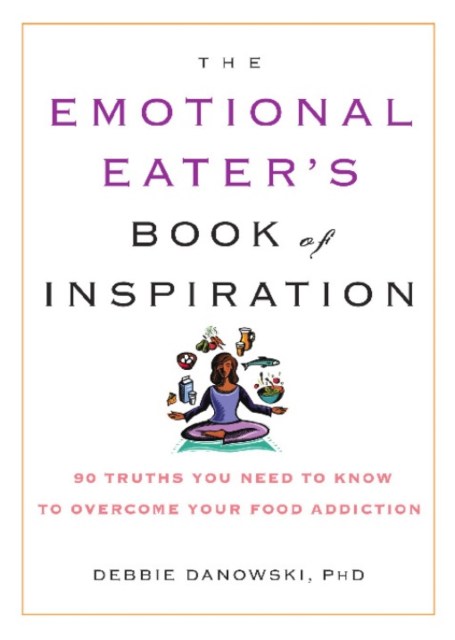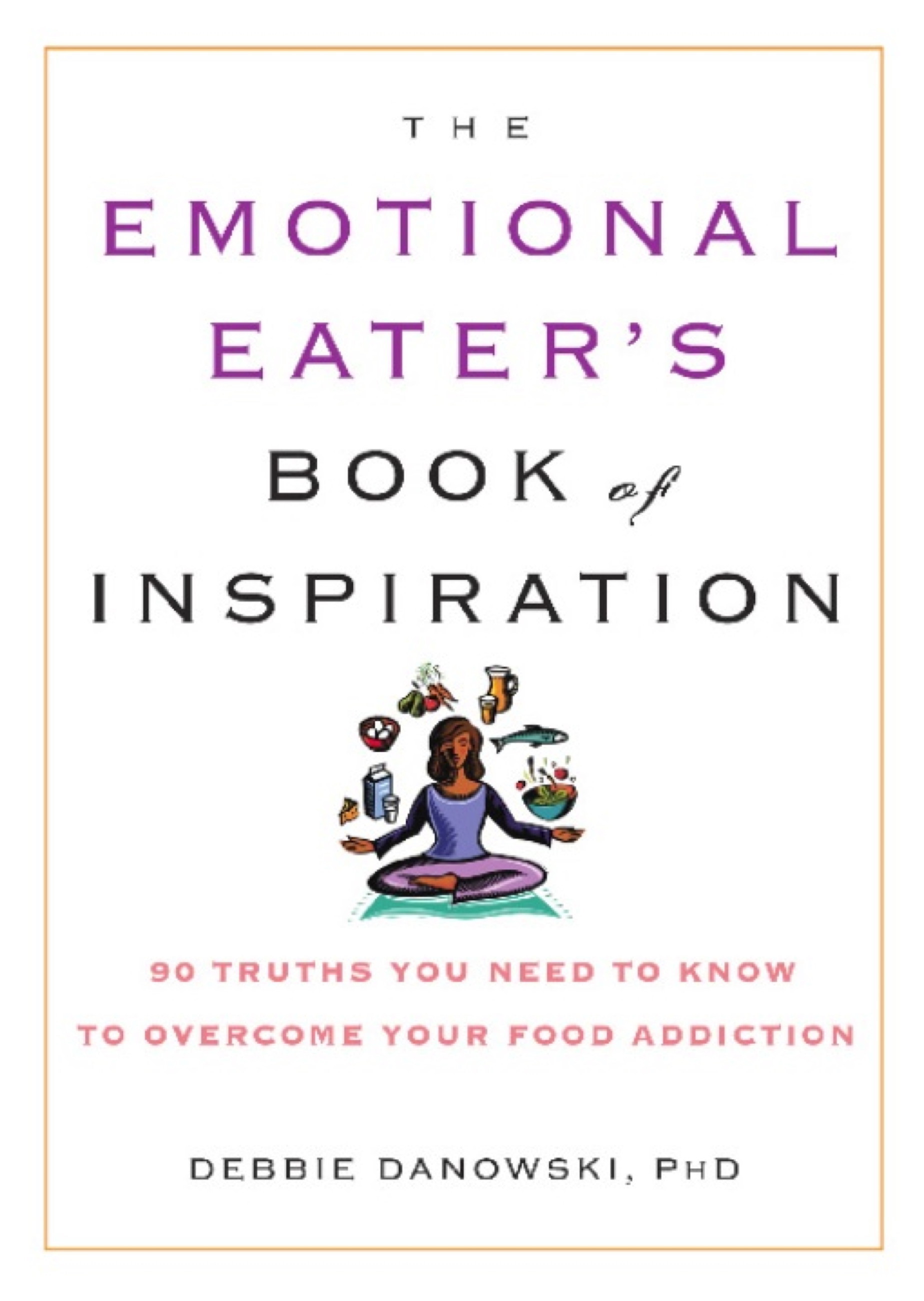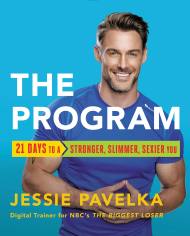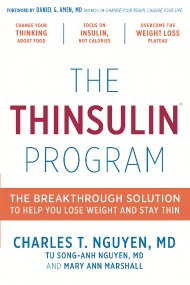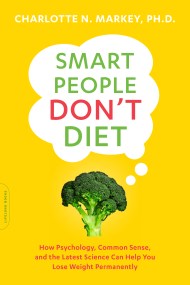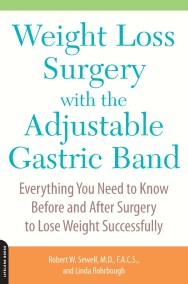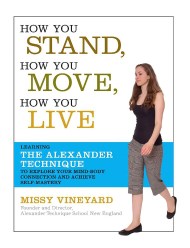Promotion
Use code MOM24 for 20% off site wide + free shipping over $45
The Emotional Eater's Book of Inspiration
90 Truths You Need to Know to Overcome Your Food Addiction
Contributors
Formats and Prices
Price
$1.99Price
$2.99 CADFormat
Format:
- ebook $1.99 $2.99 CAD
- Trade Paperback $19.99 $25.99 CAD
This item is a preorder. Your payment method will be charged immediately, and the product is expected to ship on or around March 17, 2009. This date is subject to change due to shipping delays beyond our control.
Also available from:
You won’t lose one ounce of weight by talking about it.
Dieting is not a competitive sport.
Cleaning your plate will not feed one starving child.
“Free” foods are too expensive. Touching on common challenges faced by everyone who’s wrestled with emotional eating and food addiction, Debbie Danowski empowers you to manage your emotional connections to food, giving you the tools to achieve long-term success.
Genre:
- On Sale
- Mar 17, 2009
- Page Count
- 220 pages
- Publisher
- Da Capo Lifelong Books
- ISBN-13
- 9780786734788
Newsletter Signup
By clicking ‘Sign Up,’ I acknowledge that I have read and agree to Hachette Book Group’s Privacy Policy and Terms of Use
